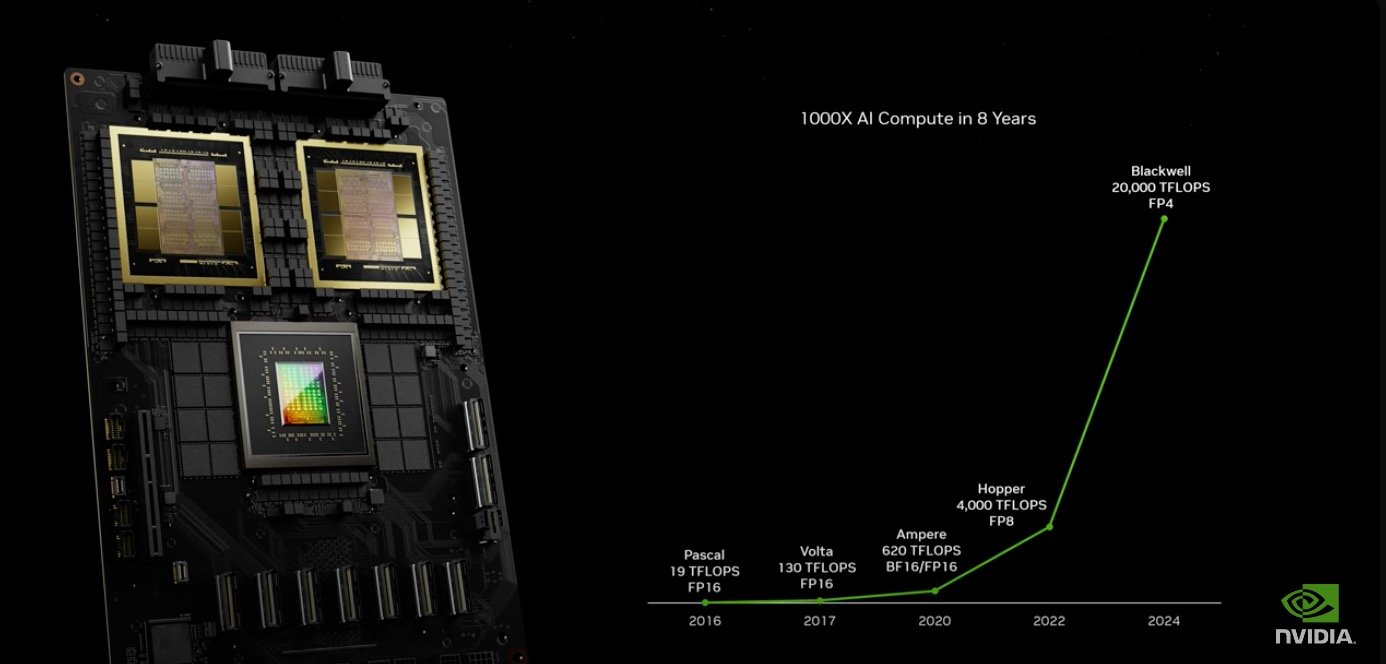NEWS
AI's 'insatiable' electricity demand could slow its growth — a lot, Arm exec says
Future Energy Projections
Energy consumption by hardware in data centers is expected to more than double from 21 gigawatts in 2023 to over 50 gigawatts by 2030. This scaling of infrastructure could significantly increase global energy consumption, with data centers potentially using 46 terawatt-hours annually by 2024, triple that of 2023.
By the numbers
100 million: Number of ChatGPT active users.
9,000-11,000: Number of cloud data centers across the globe.
2026: Year by which electricity demand from data centers, AI, and cryptocurrency could double.
46 terawatt-hours: Global energy consumption of all data centers estimated for the 2024 calendar year, three times more than 2023.
Exponential growth in AI computational power
The monumental scaling of AI computational power has profound implications for network infrastructure.
Bandwidth Capacity: As AI computational power grows, the need for high-bandwidth components in telecom networks intensifies, particularly for fiber optic connections.
Advanced Optical Solutions: There is an increased demand for advanced optical transceivers and fiber modules that can handle higher data rates, from 400G to beyond 800G.
Thermal Management: With higher data rates, the thermal load on optical modules and related components grows, necessitating improved heat dissipation solutions within the mechanical designs.
Power Efficiency: Networking components must be designed for greater power efficiency to manage the elevated power requirements of advanced computational hardware.
Malaysia Rises as Crucial Link in Chip Supply Chain - New York Times
U.S. and European companies looking to diversify from China are expanding around Southeast Asia, a sign of how geopolitics is reshaping tech manufacturing.
Malaysia has become a crucial link in the global chip supply chain, with many European and American companies choosing to move or expand their operations in the country.
Companies like Intel, Infineon, Nvidia, Texas Instruments, Ericsson, Bosch, and Lam Research are investing billions of dollars in Malaysia's manufacturing sector.
Malaysia's strategic location in Southeast Asia, its well-developed ecosystem in the semiconductor industry, and its government support for foreign investment have made it an attractive destination for tech companies.




